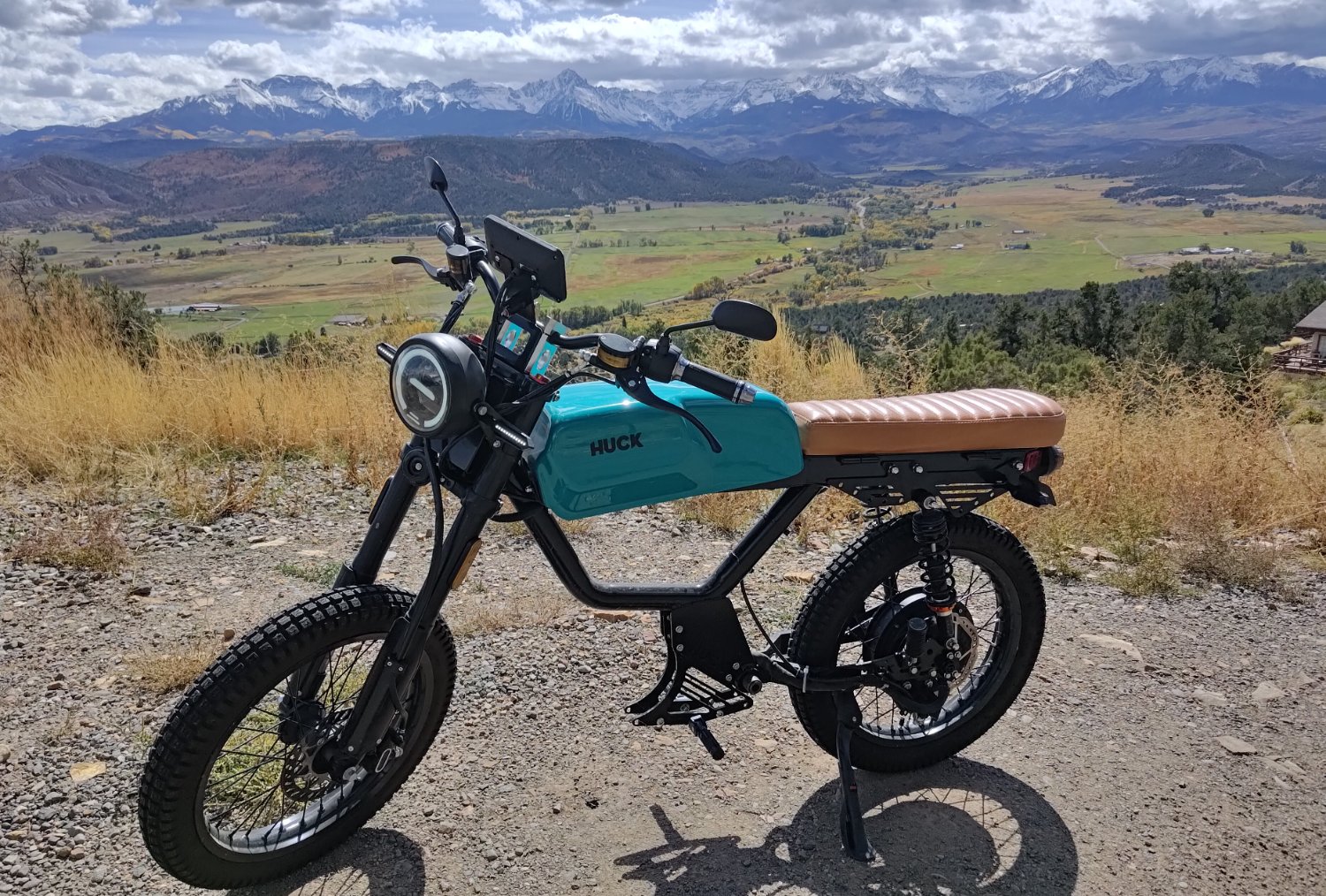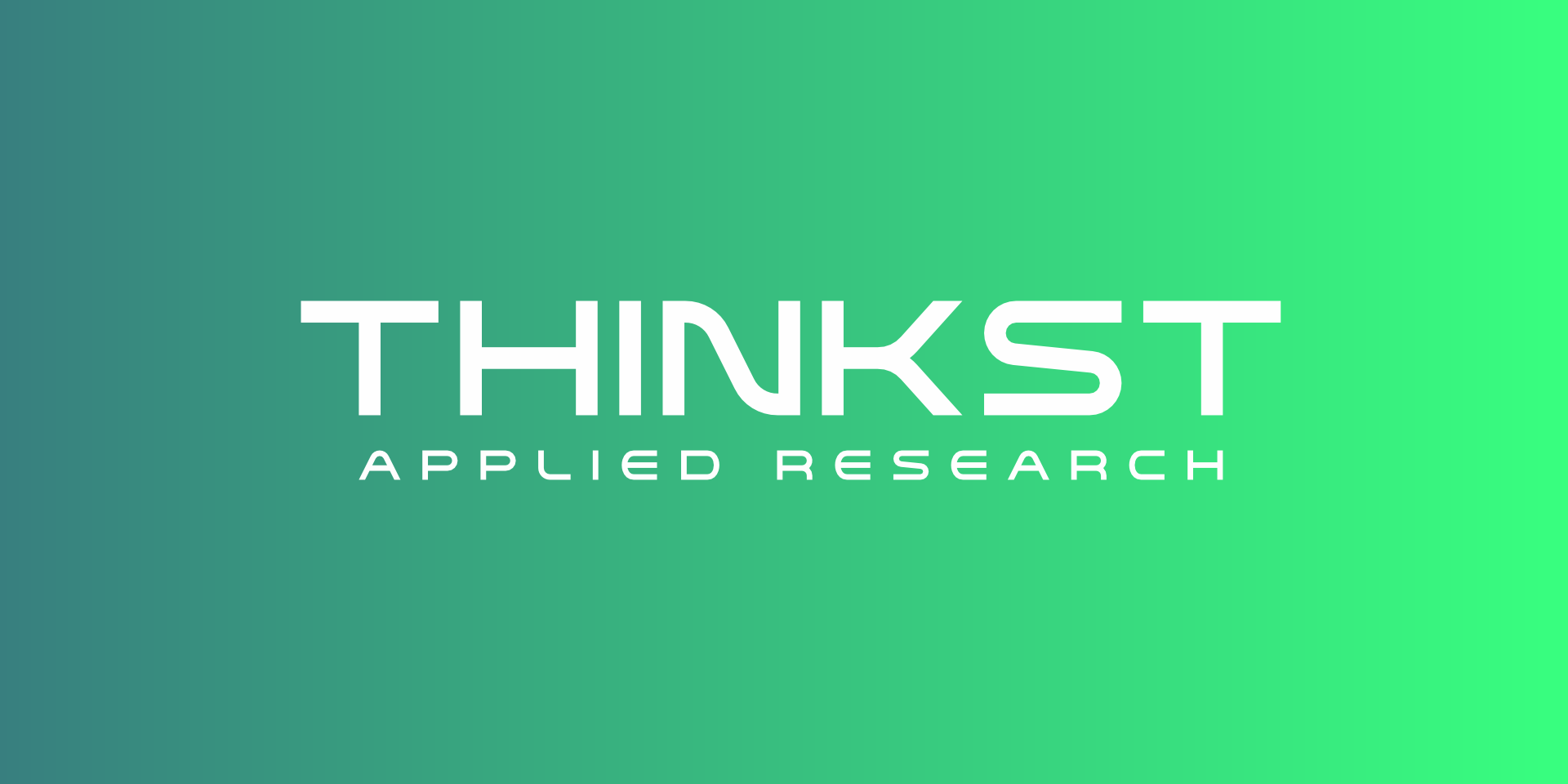- 3 Posts
- 19 Comments
I returned my Remarkable 2 after a couple of days for a Supernote. Can do local network file transfer, and wifi screen sharing.

 2·10 months ago
2·10 months agoI always find this one hilarious: https://en.wikipedia.org/wiki/Emu_War
It weighs about 150lbs, I don’t go max speed on windy days, but it’s a nice ride
It’s a Huck Cycles Rebel
I work mostly from home, so no commute. I do pay for 2 days/wk at the co-working space either 7 or 30mi away (so 15-35min). I have an electric scooter that goes 65mph and an incredible view on my commute (see attached from Tuesday’s drive), so I enjoy it and the chance to be social with the people at the cowork space.

How do you like your carbon steel pans? I got one and despite following all the seasoning instructions it never releases food easily so I don’t use it very often.
I’ve had mine for almost 15 yr, same as you, still works like it’s new. I also have a Benchmade knife that I carry all the time that’s unmarred by time.
We got a Baby Bjorn carrier 2nd hand, and it’ll certainly go to another family, and another, and another…

 2·11 months ago
2·11 months agoThis is pretty misleading due to its brevity, an attacker on the same network can determine what website you’re going to but not the content being exchanged. A VPN moves the threat of having your browsing destination determined to the VPN provider from the local network.
That said, modern WiFi encryption does prevent other devices on the network from eavesdropping, so the attacker would have to employ a more involved attack (e.g. ARP spoofing) in order to even see the destinations.
It runs well enough in Windows Subsystem for Android!
I’m surprised not to see https://cryptpad.fr/ here, a FOSS, self-hostable E2EE web based office suite. Not as feature rich as GDocs but offers the basics in a more secure manner.
He has been stepping back from Signal over time.

 1·1 year ago
1·1 year agoI’m the same way, I have only a few apps allowed to push to my Garmin, and it’s helpful to be able to archive or delete a useless email or know there’s something worth taking my phone out for. I find myself leaving my phone in other parts of the house is more focus-friendly since I’m not getting distracted while able to keep my eyes out for work-related items.

 12·1 year ago
12·1 year agoWhile Chromium itself is a very solid platform, and correspondingly Chrome is a hard exploitation target, it’s quite easy to screw up a fork of it. Comodo Secure Browser was a chromium fork that was fixed to an old version of the renderer with known security issues and was built to disable the sandbox. It also added libraries that were compiled without ASLR that worsened security for every application that loaded them.
Chrome has an enormous security team behind it in addition to P0, so bounties on Chrome exploits are around $500k. FF bounties are a fifth of that, which is probably a portion of less security, and a portion of lower target market. Brave could be doing terrible things that without an audit would be unknown. Web3 code is pretty terrible on the whole, so adding that to a secure base may not be great…

 101·1 year ago
101·1 year agoWhile Chromium itself is a very solid platform, and correspondingly Chrome is a hard exploitation target, it’s quite easy to screw up a fork of it. Comodo Secure Browser was a chromium fork that was fixed to an old version of the renderer with known security issues and was built to disable the sandbox. It also added libraries that were compiled without ASLR that worsened security for every application that loaded them.
Chrome has an enormous security team behind it in addition to P0, so bounties on Chrome exploits are around $500k. FF bounties are a fifth of that, which is probably a portion of less security, and a portion of lower target market. Brave could be doing terrible things that without an audit would be unknown. Web3 code is pretty terrible on the whole, so adding that to a secure base may not be great…
I pay for Kagi.com for search, I use NextDNS over my personal Tailscale network that blocks all the commercial social networking sites and their CDNs, as well as a ton of ad networks. I use uBlock Origin in firefox to further remove content that may be served 1st party. Opted out of as many analytics services as I can and frozen my credit with all four US credit agencies. I alternate between using a VPS as a Tailscale exit node, or ProtonVPN for country-specific location egress.
I think it comes down to the threat model that you implicitly or explicitly operate under. Most people don’t think about it, and so they equate “more” with better, and VPNs are easily marketed as more, turn it on and rather what whatismyip.com showing a map near your house, now you’re magically somewhere else!
If you are paranoid about everything, then again there is the “defense in depth” mindset, which in theory couldn’t hurt. That said, having a clear mental model for what you are aiming to be protected from is the best way to find a suitable suite of protections. To agree with a number of others in this thread, ad-blockers (I recommend NextDNS personally) are a great step to stop organizations with a financial incentive to learn all they can about you to sell you stuff, or sell your data. There have been large US ISPs that have experimented with injecting ads or other content either into default DNS responses (e.g., if you mistype something in the search bar it will bring you the ISP’s terribad search portal), or even HTTP responses. If you are stuck with one of those ISPs (I’m sorry, and the US monopolies on ISPs are terrible), then a VPN will help you against your threat (the ISP).
If you are an EU resident, and protected by GDPR (or some of the US states that are enacting similar protections), then moving to a more centralized service can be a good thing, since you have a single place to request data deletion, etc., whereas for a non-EU resident, “smearing” your data over multiple non-coordinating entities is a good move to limit the view of you from any single organization.
If you are worried about government surveillance, you have bigger issues. Most people who want to think they are uber valuable to the government are not, and act in counter-productive ways, but co-mingling their data with that of actual baddies, so it all gets revealed in a warrant search. The Lavabit hosting service was used by extreme privacy wonks, and some actual criminals, and when the government went after Snowden, they got all of Lavabit’s data, so being on that platform may have been counter-productive for people hiding from the G-men. The OPSEC needed for countering government-level is beyond what you’ll learn on a public post, and must be incredibly well-curated and maintained; it will cost you, but if someone will outspend you to get you, then it’s table stakes.
I have a ReoLink camera that streams to my Synology NAS that’s joined to my Tailscale network that I can access from anywhere!




Supernote is the alternative I went with. They have a pretty responsive dev team and the cloud integration is optional, you can push stuff over the local WiFi network.